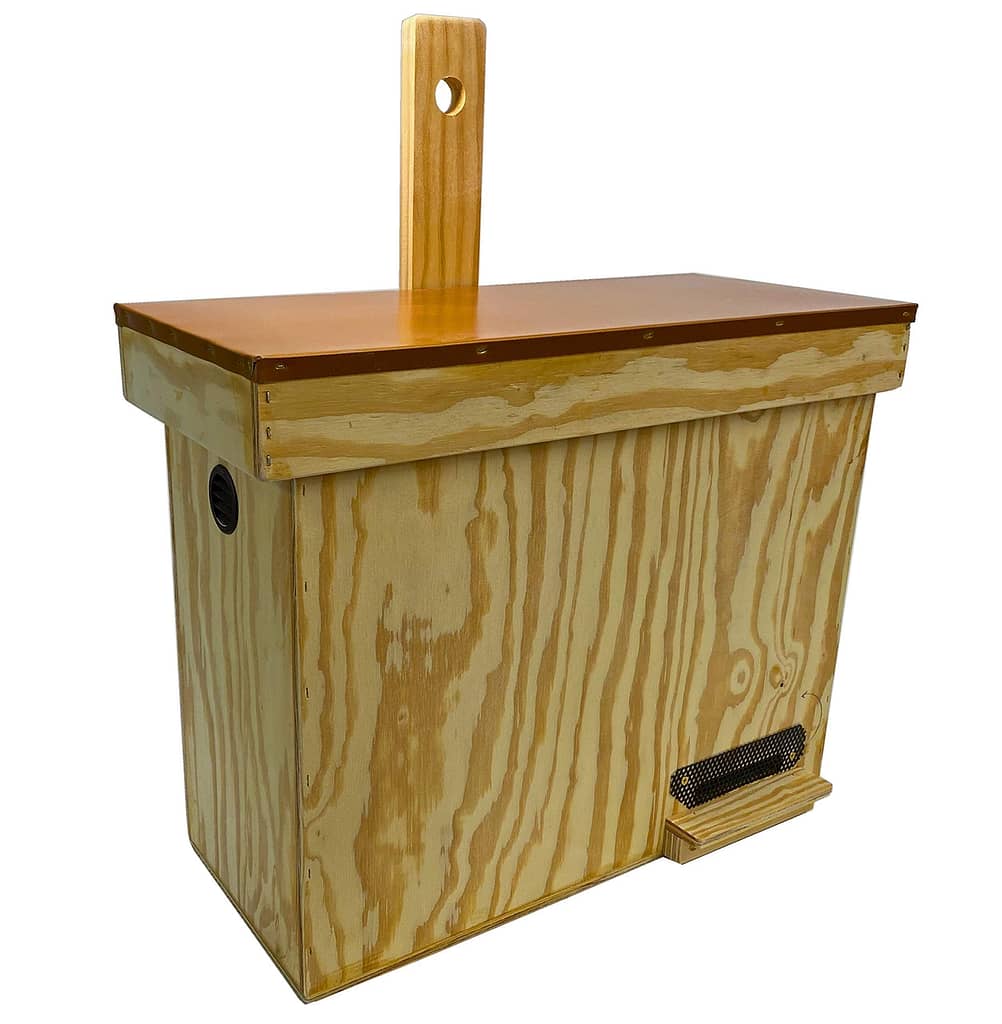
As more and more people around the world are becoming conscious of the environment and sustainability, gardening and urban farming are becoming increasingly popular. However, without proper pollination, these activities can be fruitless. That’s where honeybees come in. Honeybees play a crucial role in the pollination process, which is essential for plant reproduction. In this article, we will explore how honeybees help pollinate gardens and urban farms and the benefits of having them around.
What is Pollination?
Pollination is the transfer of pollen from the male part of a flower to the female part of another flower of the same species, which results in fertilization. Once fertilization occurs, the flower can produce fruit or seeds. Pollinators such as bees, butterflies, and birds play a vital role in pollination. Honeybees are the most effective pollinators among these, and they can increase the yield of crops by up to 80%.
Why are Honeybees Important for Pollination?
Honeybees are essential for pollination because of their unique behavior. They collect nectar and pollen from flowers and carry them to their hive. While doing so, they transfer pollen from one flower to another, which results in cross-pollination. Cross-pollination allows the genetic material of plants to combine, which leads to stronger and healthier plants.
In addition, honeybees are efficient pollinators because they are capable of collecting large amounts of pollen and nectar. They have a furry body that attracts pollen, and they can carry it from one flower to another easily. As they visit flowers, they transfer pollen, which helps to fertilize the plants. Honeybees also have a good memory and can quickly learn where the best sources of nectar and pollen are located.
How Do Honeybees Help Pollinate Gardens and Urban Farms?
Honeybees help pollinate gardens and urban farms by visiting flowers in search of nectar and pollen. They are attracted to brightly colored flowers with sweet nectar, which is rich in carbohydrates. As they collect nectar, they transfer pollen from one flower to another, which fertilizes the plants.
Urban farms and gardens are ideal environments for honeybees because they provide a wide variety of flowering plants. These gardens and farms are often filled with fruit trees, vegetables, and herbs, which require pollination. Honeybees play an important role in pollinating these plants and ensuring that they produce healthy and abundant crops.
The Benefits of Having Honeybees in Gardens and Urban Farms
Having honeybees in gardens and urban farms provides several benefits. Firstly, honeybees are crucial for the pollination of plants, which results in higher crop yields. Secondly, they help to maintain biodiversity by pollinating a variety of plants, including those that are not used for food production. Thirdly, they contribute to the production of honey, which can be used as a natural sweetener and has several health benefits.
In addition, honeybees are important indicators of the environment’s health. Their presence in an area is a sign of a healthy ecosystem, which is important for maintaining biodiversity. Honeybees are also sensitive to changes in the environment and can provide an early warning of potential problems.
FQAs
Honeybees are important for pollination because they play a critical role in the reproduction of flowering plants. When honeybees visit a flower to collect nectar or pollen, they transfer pollen from the male part of the flower to the female part of the flower. This fertilization process is what allows plants to produce fruit and seeds, which is crucial for the survival of many plant species.
Honeybees can pollinate a wide variety of plants, including fruit trees, vegetables, and flowers. However, some plants, such as tomatoes and peppers, require a different type of pollination that is better performed by other pollinators like bumblebees.
Honeybees are attracted to flowers based on their color, shape, and scent. They are particularly drawn to brightly colored flowers, as well as flowers with a strong scent. Bees also have a keen sense of smell, which helps them to identify flowers that are rich in nectar.
To attract honeybees to your garden or urban farm, you can plant a variety of flowers that bloom at different times throughout the season. Make sure to choose flowers that are native to your area, as these are typically the most attractive to local pollinators. You can also provide a source of water for honeybees, such as a shallow birdbath or a dripping hose.
There are several things you can do to help protect honeybees, including planting pollinator-friendly plants, avoiding the use of pesticides, and supporting local beekeepers. Finally, you can report honeybee swarm for rescue to local beekeepers.

